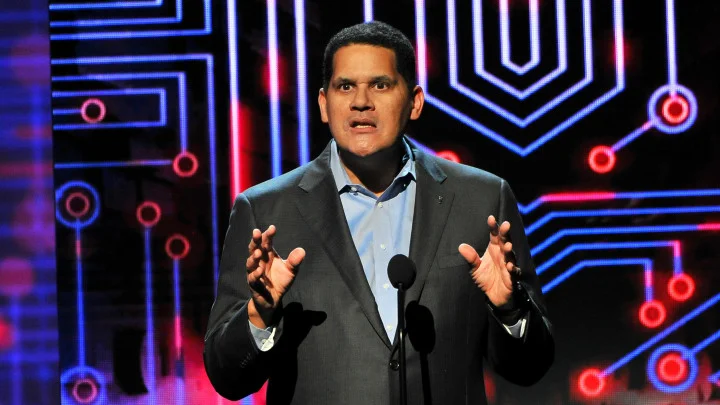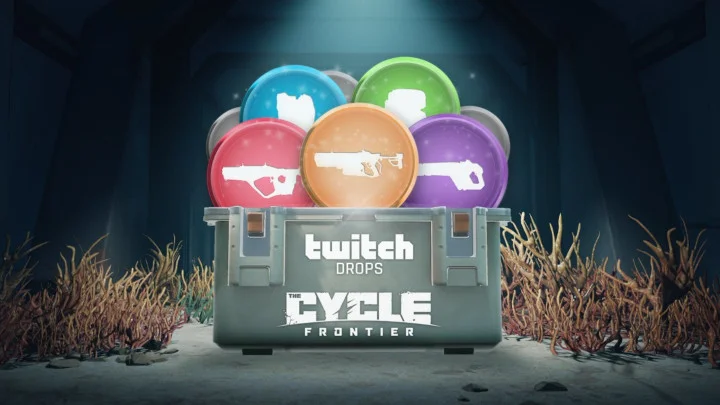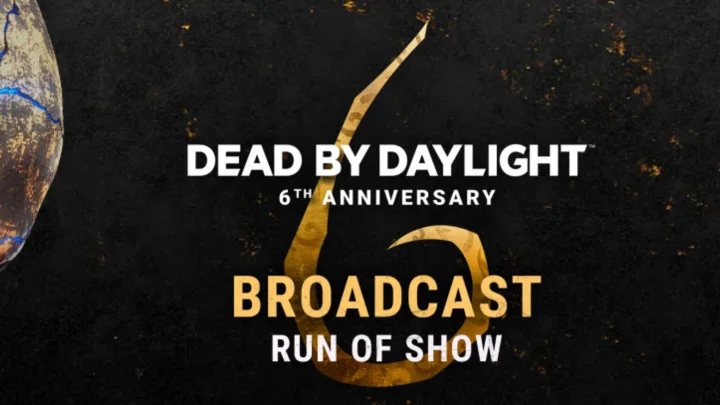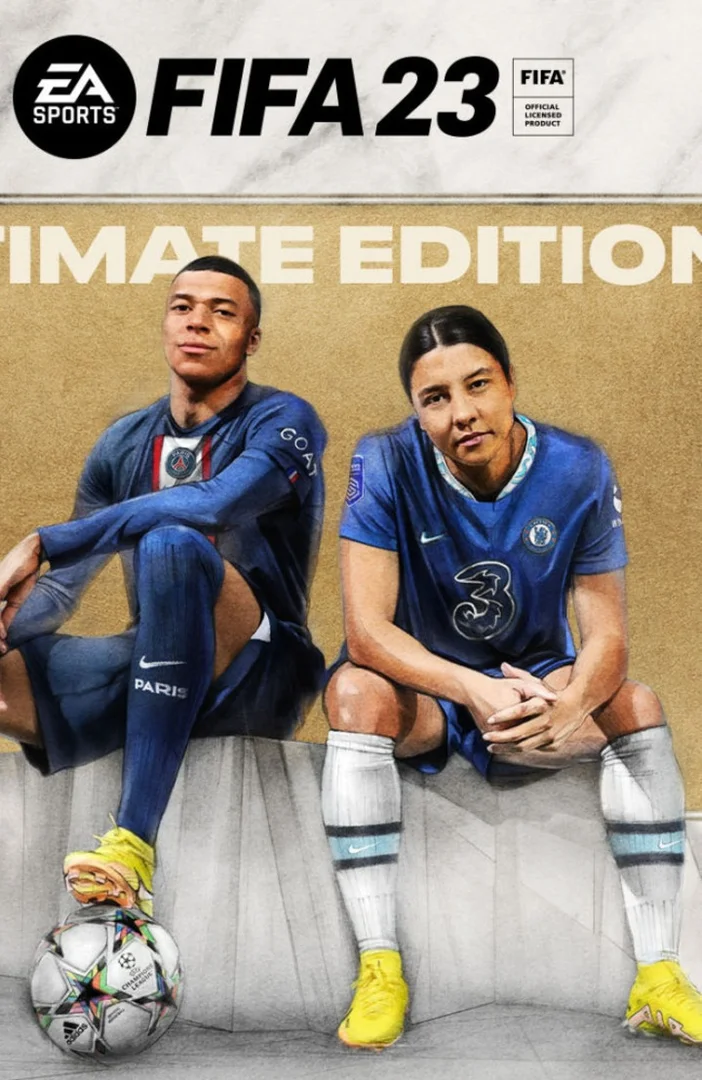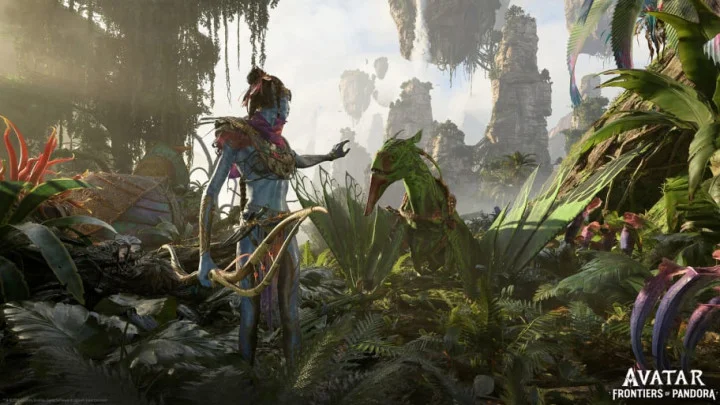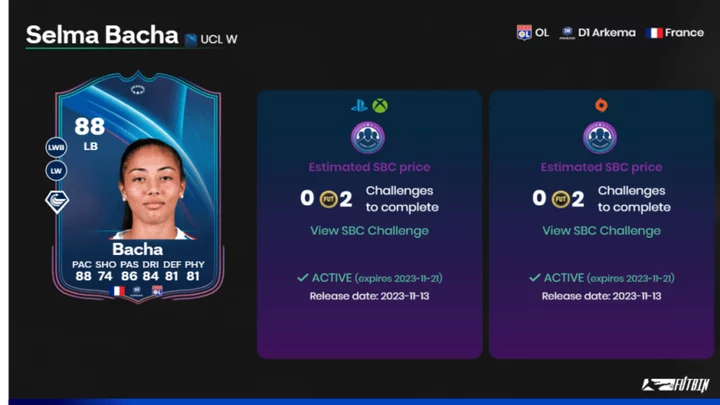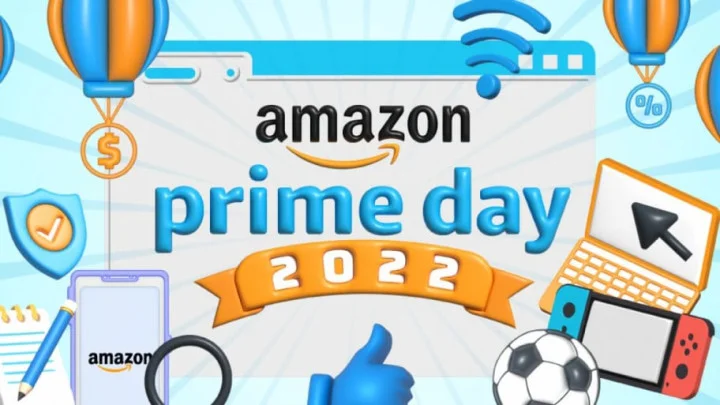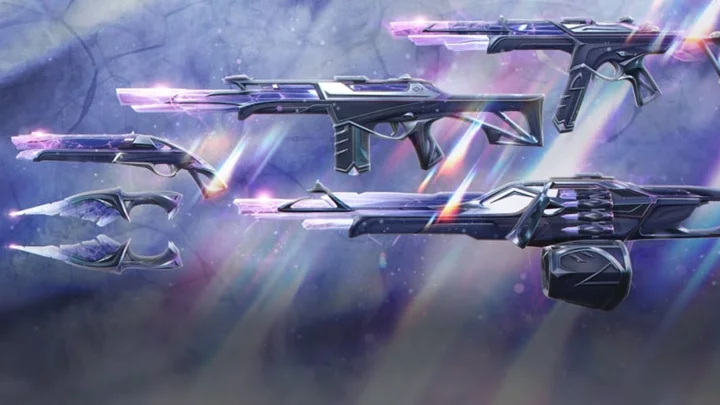Former Nintendo of America President and Chief Operating Officer Reggie Fils-Aimé says he supports both blockchain and play-to-own technology in games, swimming against the tide of public opinion on both.
Fils-Aimé expressed his support at South by Southwest last month.
"I'm a believer in blockchain, I think it's a really compelling technology," he said (H/T Nintendo Life). "I'm also a believer in the concept of play to own' within video games, and I say this as a player where I may have invested 50 hours, 100 hours, or 300 hours in a game, and when I'm ready to move on to something else, wouldn't it be great to monetize what I've built?
"I bet I'd have some takers here today if I wanted to sell my Animal Crossing island from the latest Nintendo Switch version; I'd like to be able to monetize that. Blockchain technology embedded in the code would enable me to do that."
Of course, Fils-Aimé's example displays some of the flaws in the thinking around blockchain technology in games. While he's undoubtedly right that someone would be interested in buying his Animal Crossing: New Horizons island, a significant amount of that interest would be tied to his celebrity among Nintendo fans. The island of the average player would be worth significantly less, and facilitating its sale would likely be more financially beneficial for Nintendo than for the players involved in the transaction.
Furthermore, bustling online marketplaces by and for Animal Crossing players already exist, where they can buy and sell items or services. Nookazon is one example, where these transactions are performed with in-game currency. Nintendo entering this economy could be quite profitable for the company, but would likely offer only marginal benefits to players.
On top of those issues lies the question of whether the blockchain is necessary to make those exchanges possible; they seem to be operating just fine already.
Fils-Aimé went on to say that, despite his enthusiasm for these technologies, it would be crucial that companies consider players first and foremost in their implementation.
"Now, I say that in the context of, 'it needs to make sense for the player.' It can't just be an approach by the developer that it's interesting or it's a way for them as a development entity to make more money. In the end it's got to be good for the player, but I see an opportunity."

